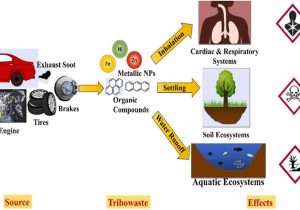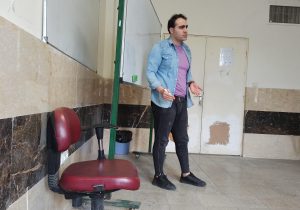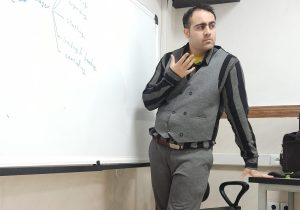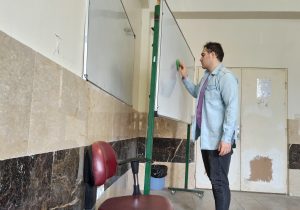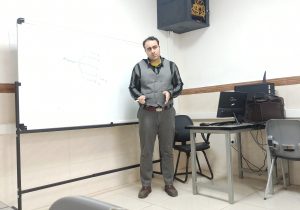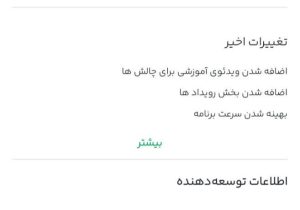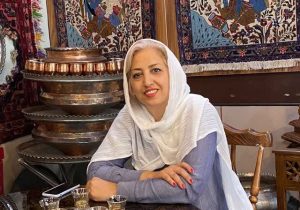:Kalameghalam / Marriage description Marriage is an official contract and agreement with a series of special, excellent and favorable conditions, which was done in different ways among different tribes and nations since long ago. which connected men and women and this connection between men and women led to the formation of a family If the […]
:Kalameghalam / Marriage description
Marriage is an official contract and agreement with a series of special, excellent and favorable conditions, which was done in different ways among different tribes and nations since long ago. which connected men and women and this connection between men and women led to the formation of a family
If the marriage takes place on the right path, it creates rights and obligations for the couple, which legal scholars interpret as the effects of marriage. According to Article 1102 of the Civil Code of Iran, it goes without saying that the law alone cannot ensure the peace and happiness of the family, but the most important pillar of the family for happiness, which is even more effective than the law, is the morals of the couple, that the husband and wife are honest, sincere and loyal to each other and Continue to live together
:Effects of marriage rights
It consists of two parts. Part of it is financial and another part is non-financial rights and duties
:Effects of marriage
۱٫ The personal relations of the couple: the foundation of the family is based on the good relations and cooperation of the husband and wife, and the law does not invite the spouses to do this, and obliges them to have good relations with each other. In Iranian law, especially in Islamic countries, the head of the family is the responsibility of the man, of course, in the family, it is the principle that the husband and wife must agree to manage the family affairs. If there is a difference of opinion and taste between them in family matters, the opinion of the man as the head of the family comes first
۲٫ Financial relationship between husband and wife: a) Financial independence of a married woman. According to Article 1118 of the Civil Code, a woman can independently take whatever possession she wants in her property, so in Iranian law, the property of a man and a woman do not constitute joint property, and each of the spouses owns property separately from each other, which means that the husband is financially independent. And she can freely take possession of her own property, whether it is in the form of dowry or otherwise, and perform any material and legal actions in relation to it, and the husband has no right to interfere. b) Alimony. According to Article 1106 of the Civil Code in a permanent marriage, the maintenance of the wife is the responsibility of the husband, and according to Article 1107 of the revised Civil Code of 1381, which says that the maintenance consists of: all conventional needs and appropriate to the status of the woman, such as housing, clothing, food, furniture House and medical and sanitary expenses and servants, in case of habit or need due to deficiency or exposure
۳٫ Dowry: It is a financial dowry that the woman becomes the owner of as a result of marriage and the man is obliged to pay it to the woman. The institution of dowry in Iranian law is based on religion, and the existence of dowry can partially compensate for the lack of a woman’s role in our laws. In addition, from the customary point of view, it shows the respect that a man has for a woman, and its amount is determined by the agreement of the couple. According to Article 22 of the Family Support Law of 1321 Hajri Shamsi, if the dowry at the time of the marriage is up to 110 Behar Azadi coins or its equivalent, its collection is subject to the provisions of Article 2 of the Law on the Execution of Financial Convictions. It is still mandatory to comply with the regulations related to the calculation of the dowry at the daily rate




